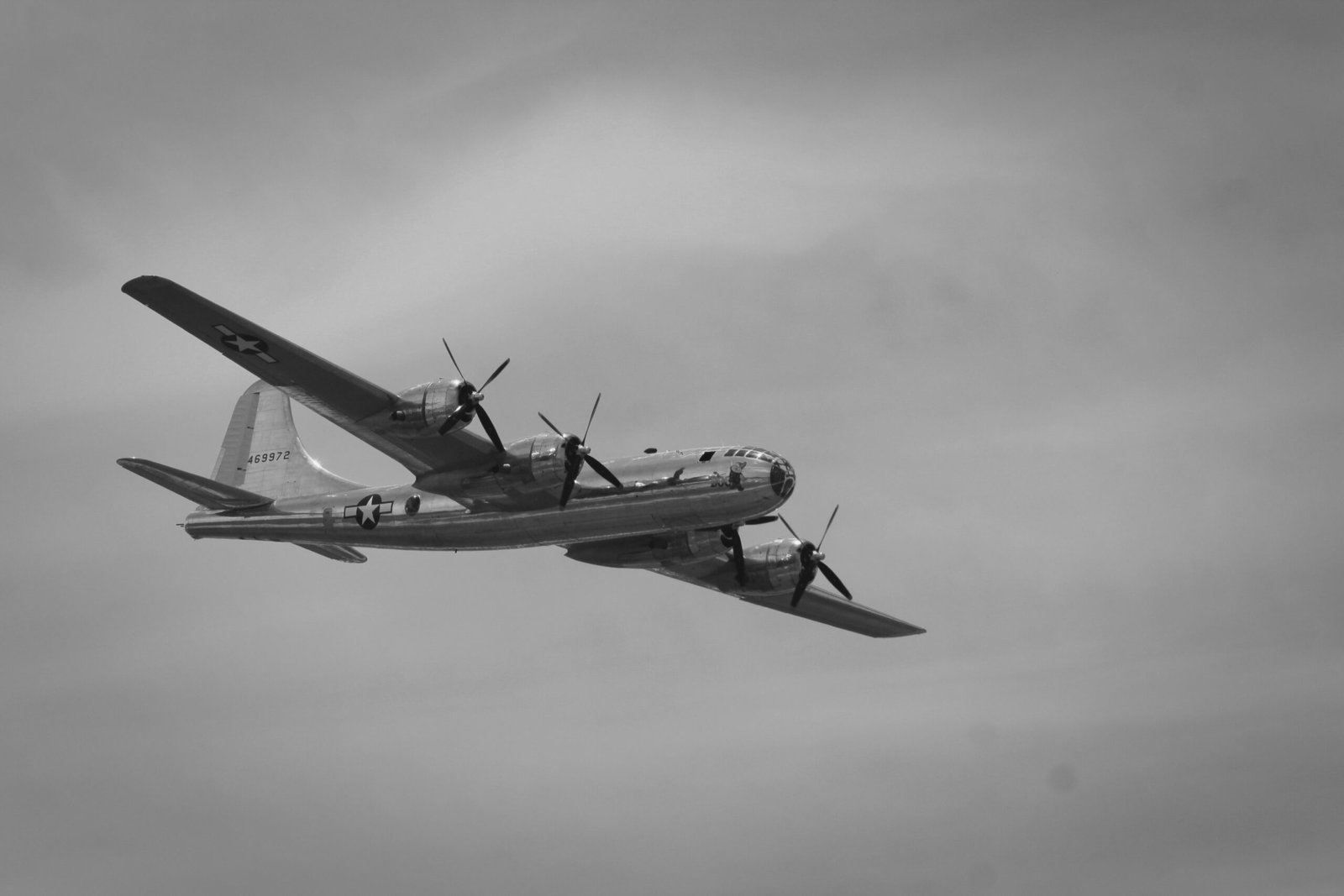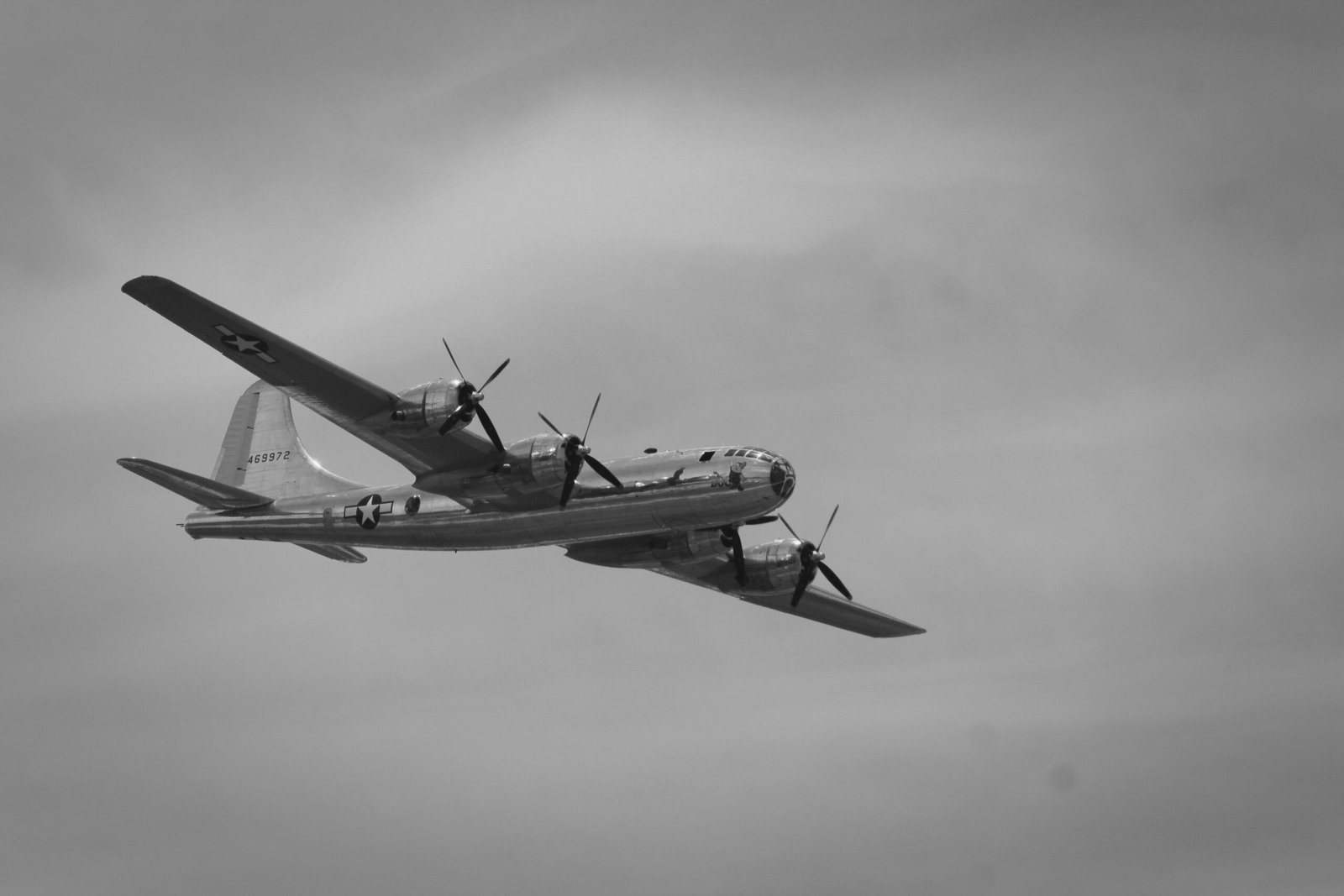The Role of Germany in World War I: Causes and Defeat
The outbreak of World War I in 1914 was triggered by the assassination of Archduke Franz Ferdinand of Austria-Hungary. However, the involvement of Germany in this global conflict was not solely due to this event. There were several main reasons that led to Germany’s participation in the war, as well as factors that contributed to its eventual defeat.
Main Reasons for Germany’s Involvement
1. Alliance System: Germany was part of the Central Powers alliance, which included Austria-Hungary, the Ottoman Empire, and Bulgaria. These alliances were formed to counter the Triple Entente, consisting of France, Russia, and Britain. When Austria-Hungary declared war on Serbia, Germany felt obligated to support its ally.
2. Imperial Ambitions: Germany had been rapidly expanding its colonial empire and sought to establish itself as a global power. The war provided an opportunity for Germany to further its imperial ambitions and gain territory.
3. Fear of Encirclement: Germany was concerned about being encircled by its rivals, particularly France and Russia. The German leadership believed that a preemptive strike would prevent this encirclement and ensure its security.
Main Reasons for Germany’s Defeat
1. Allied Strength: The Allied Powers, including France, Britain, and Russia, had a numerical advantage over Germany. They were able to mobilize more troops, resources, and industrial capacity, which ultimately tipped the balance in their favor.
2. Blockade and Economic Strain: The British naval blockade severely restricted Germany’s access to essential resources and supplies. This led to widespread shortages, hunger, and economic strain within Germany.
3. Internal Dissent: Germany faced internal dissent and social unrest, with growing opposition to the war effort. Strikes and protests became more frequent, weakening the German war machine from within.
4. Entry of the United States: In 1917, the United States entered the war on the side of the Allies. The American entry brought fresh troops, resources, and economic support, further tilting the balance against Germany.
Conclusion
The involvement of Germany in World War I was driven by factors such as alliance systems, imperial ambitions, and fears of encirclement. However, Germany’s defeat can be attributed to the strength of the Allied Powers, the impact of the British blockade, internal dissent, and the entry of the United States into the war. World War I marked a turning point in history and had profound consequences for Germany and the world at large.



